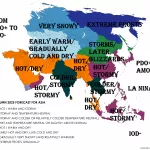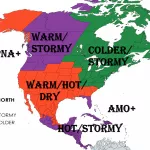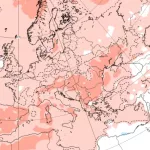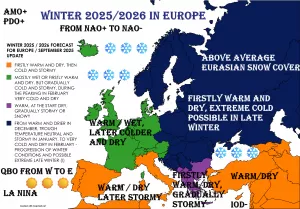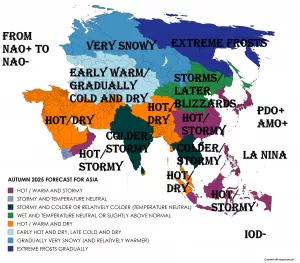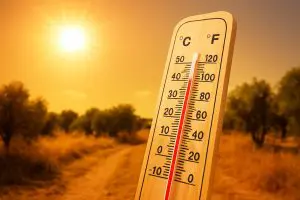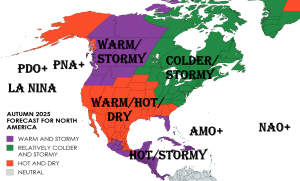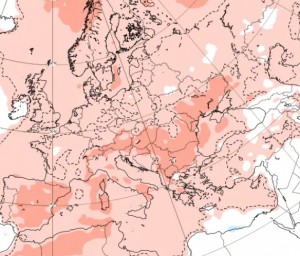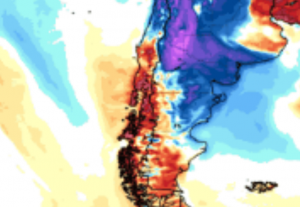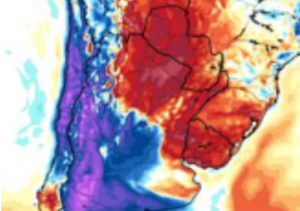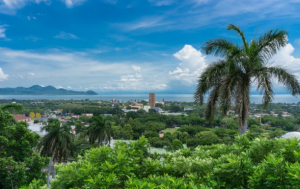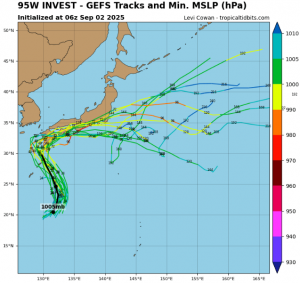
Indonesia is now enduring one of the longest and most persistent periods of heat ever recorded globally, with record-breaking temperatures continuing for over 800 consecutive days. The country has been in a near-continuous state of thermal extremes for 28 months, an alarming sign of accelerating climate breakdown in the tropics.
Indonesia: Hottest July Night on Record
On July 4, 2025, the city of Tarakan in North Kalimantan registered a minimum temperature of 27.7°C, setting the record for the hottest July night in Indonesian history. This follows dozens of similar records across Indonesian cities in recent months, where nighttime temperatures now routinely remain above 26–28°C, offering no relief from oppressive daytime heat.
Banda Aceh: Record June Heat
On Sumatra’s northern tip, Banda Aceh reached 37.2°C, breaking its all-time June temperature record and coming within a few decimal points of Indonesia’s national June heat record. The extreme heat in Banda Aceh is part of a broader pattern of record-smashing heat across Sumatra, Java, Sulawesi, and Kalimantan, with historical highs now becoming regular occurrences.
A Region-Wide Crisis: Oceania Also Under Siege
It’s not just Indonesia — much of Oceania is experiencing historic heat as well, with long-term temperature anomalies extending across the Pacific Islands. In June alone, new national and regional records were set:
- Vanuatu:
- 31.8°C at Santo — new June maximum temperature record
- Solomon Islands:
- 26.0°C minimum in Honiara — June’s hottest night ever recorded (tied)
Many Pacific nations have experienced multiple consecutive months of record warmth, especially in nighttime minimums, a trend closely linked to warming sea surface temperatures, high humidity, and persistent equatorial heat domes.
The Bigger Picture: 28 Months of Tropical Heat
The ongoing heat in Indonesia and Oceania is not episodic — it has become the new normal. Since early 2023, meteorological agencies have documented:
- Persistent sea surface temperature anomalies in the Indo-Pacific
- Strong and frequent subsidence zones suppressing cloud formation
- Consistently high dew points (24–27°C) making heat stress increasingly dangerous
- Extreme minimum temperatures undermining recovery from daytime heat
This sustained warming is already having devastating ecological and human impacts, including:
- Declining rice yields due to heat stress during flowering stages
- Rising health risks including dehydration, heatstroke, and sleep disruption
- Coral bleaching events tied to marine heatwaves in surrounding seas
- Strain on water and electricity supplies, particularly in rural and coastal areas

Illustration picture: https://www.netflights.com/holidays/indonesia


